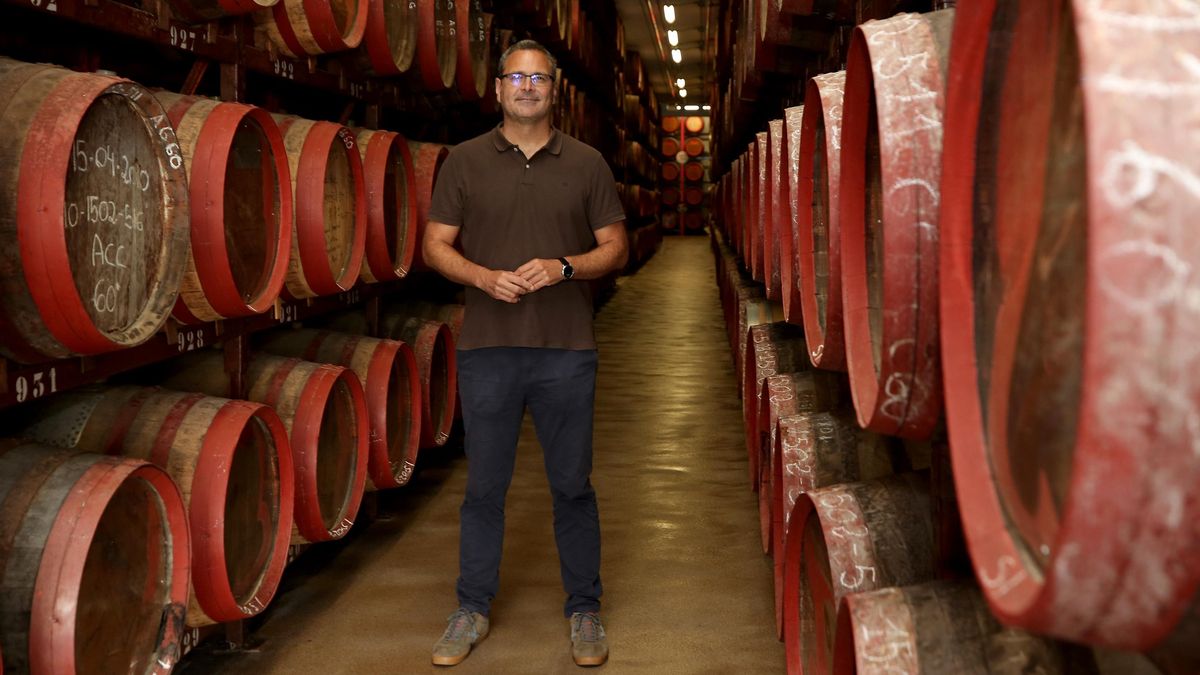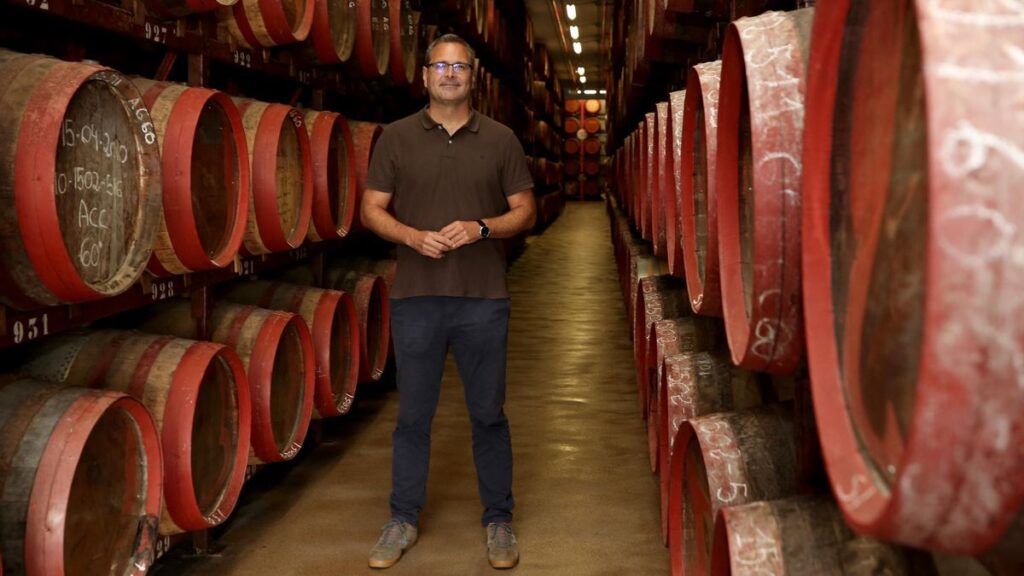A Life-Changing Workweek at Arehucas
“I feel more productive. Working four days makes me give my best—I come to work more motivated, happier, and without stress.” That’s how María Mendoza, an employee in Purchasing and Logistics at Arehucas, describes how her life changed after her company adopted a four-day workweek. “It’s been incredibly positive, transforming both my personal life and my performance at work,” she emphasizes. The policy also came with financial improvements over time. As a single mother, Mendoza uses her extra day off for family time and sports, starting each Tuesday refreshed and motivated.
From Crisis to Innovation
Arehucas initially reduced working hours during the 2020 pandemic when production halted. The distillery pivoted to making hand sanitizer, offering 1.08 million liters of raw alcohol to health authorities. With hospitality—their core market—collapsing, the company proposed cutting hours and salaries by 20% and 15%, respectively, with a three-year plan to restore wages. Remarkably, salaries rebounded in just two years. “As a bonus for employees’ flexibility, we recovered full pay ahead of schedule,” says César Arencibia, Communications Director. Today, staff work four days (with Mondays off) and earn more than pre-pandemic levels, adjusted for inflation.
The Exception: Tourism Demands
Of Arehucas’ 110 employees, only the tourism team works five days—the visitor center operates Monday to Friday. “We couldn’t reduce hours due to public demand,” Arencibia explains. Despite this, staff like Leticia Medina (25 years at the company) and Evelien Vermeulen (6 years) praise their schedules and conditions: “We’re like a family here.”
Productivity and Well-Being Soar
Arencibia highlights the factory’s 7 AM–3 PM schedule (2 PM in summer) and widespread employee satisfaction. “Happier workers mean higher productivity,” he notes. While logistics required adjustment, clients adapted. “We’ve grown without negative impacts,” he adds. Personally, Arencibia values the extra day for stress relief: “One less day of work pressures improves sleep, family time, and hobbies.”
The Slow Rise of Four-Day Weeks in the Canaries
A CCOO report reveals 85% of Canary Islands workers exceed 32 weekly hours—559,569 people work over 37.5 hours. Spain’s 2023 pilot grants for reduced hours saw just five companies benefit. Results were striking: 37.7% exercised more, 72.5% socialized more, and 34.9% reported lower stress. Montse Cosano of CCOO Canarias notes sustained success in pilot firms: “It benefits both well-being and productivity.” Negotiations continue to reduce the workweek to 37.5 hours. “Employers will see the advantages,” Cosano concludes.


